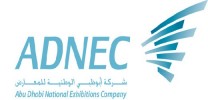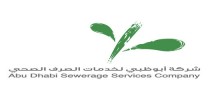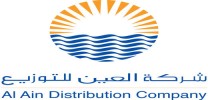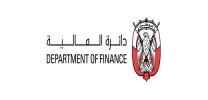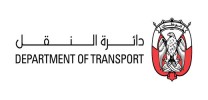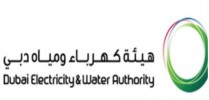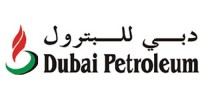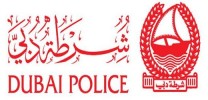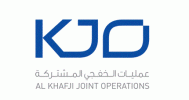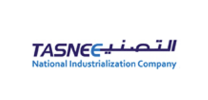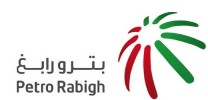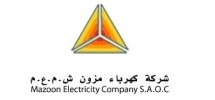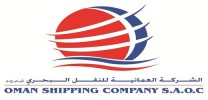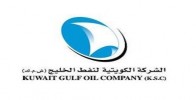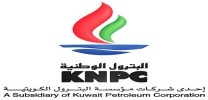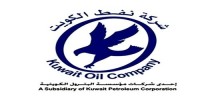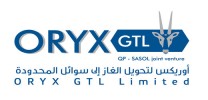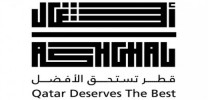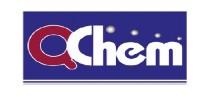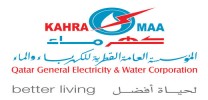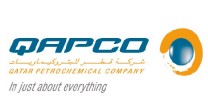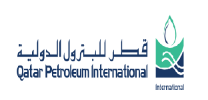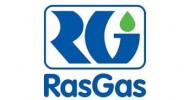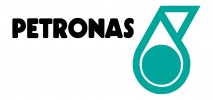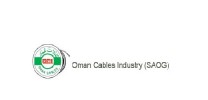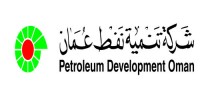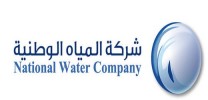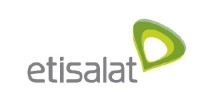
Modern Power System Protective Relaying
Course Introduction:
Protection of low, medium and high voltage power systems requires an understanding of system faults and their detection, as well as their safe disconnection from the power system. This course presents a comprehensive and systematic description of the concepts and principles of operation and application of protection schemes for various power system elements such as feeders, transformers, motors, buses, generators, etc. The course begins with an overview of power system faults and the protection scheme requirements for the detection and coordinated clearance of these faults. Protection requirements for cogeneration, non-utility generation, and interconnection with the utility power system are covered in detail. This course deals with protection systems from a practical perspective, and includes important functional aspects such as testing and coordination of protection systems. It is specially designed for industries and utilities, which depend on proper system protection for operational efficiency and minimizing damage to equipment.
Course Objectives:
To provide a practical understanding of protective schemes for electrical power systems and equipment.
You will be able to:
- USE your knowledge of the basic industrial and utility system protection techniques include fault analysis
- FURTHER your understanding of protective devices being used in your organization
- DETERMINE your own relay settings and thoroughly understand the philosophy of protective systems
- RELATE TO actual cases illustrating various techniques in present use and highlighting particular approaches used by experienced system designers
- APPLY your awareness of recommended practices in applying or approving protection schemes
- UNDERSTAND problems generally faced and solutions successfully adopted by industry
- CALCULATE the basic fault currents flowing in any part of the electrical system
- IMPROVE your electrical systems protection against faults and over voltages
- SELECT and apply microprocessors-based multi-function relays
Who Should Attend?
Engineers, technicians and technologists in the industrial, consulting, and utility fields involved in design, regulatory inspection, operation and maintenance who require knowledge of electrical system protection techniques.
Course Outline:
Power System Faults
- Different types of faults
- Incidence of faults on power system equipment
- Effects of power system faults
- Magnitude of fault current
- Detection of faults
- Clearance of faults
- Requirements of protective relaying systems
Components of Power System Protection Schemes
-
Fault-detecting relays
The transition from electro-mechanical relays to electronic and digital microprocessor-based relays - Tripping relays and other auxiliary relays
- The application of programmable logic controllers
- Circuit breakers - bulk oil, air-blast, vacuum, SF6
- Current transformers
- Voltage transformers
- Modern microprocessor-based relays - review types available
Current Transformers (CT) and Voltage Transformers (VT)
- various types of CTs, VTs and CVTs
- Theory and characteristics of CTs
- Application requirements of CTs for protective relaying
- Accuracy classifications
- Future trends in CT design using optics
- Testing of CTs and VTs
Feeder Overcurrent Protection
- Protective relaying requirements for radial systems
- Elements of feeder protection schemes
- High-set, low-set and inverse-timed elements
- Coordination with other devices and fuses
- Various types of overcurrent relays
- Electromechanical, electronic and digital relays
- Relay setting criteria
- Load limitations
- Testing of overcurrent protection schemes
- Microprocessor-based feeder overcurrent relays - features, application and testing
Coordination Of Electrical Protection Systems
- Fuse to fuse
- Circuit breaker to fuse
- Fuse to circuit breaker
- Computer software packages for protection coordination studies
- Auto-reclosing of circuit breakers
- Back-up protection
- Limitation of fault current
- Selective zones of protection
Switchboard And Bus Protection
- Types of bus protection schemes
- Basic concept of differential protection
- Application to various bus configurations
- Application to switchboards
- Testing of bus protection schemes
Motor Protection, Starting And Control
- Applicable motor standards
- Methods of starting
- Differential protection, phase unbalance, overcurrent
- Ground fault protection
- Canadian Electrical Code requirements
- Microprocessor-based motor control and protection devices
Transformer Protection
- Overcurrent and ground fault protection
- Application of differential protection to transformers
- Restricted ground fault protection
- Gas relays, pressure and gas accumulation
- Winding temperature and oil temperature devices
- Testing of transformer protection schemes
- Modern microprocessor-based multi-function relays - available functions, application and testing
Generator Protection
- Differential protection
- Reverse power, stator ground, out-of-step, loss of field, field ground, overexcitation, interturn, etc.
- Over-frequency, underfrequency, overvoltage, undervoltage
- Negative phase sequence or phase unbalance
- Voltage controlled and voltage restricted overcurrent protection
- Synchronizing systems, synchro-check relays
- Comparison of electro-mechanical and electronic relays
- Testing of generator protection schemes
- Microprocessor-based multi-function generator protection relays - available relays, application and testing
Cogeneration And Non-Utility Generation (NUG) Protection
- Protection requirements for non-utility generating stations
- Requirements for the interconnection of NUGs to utility power systems
- Typical protection schemes for non-utility generators
- Low-cost microprocessor-based multi-function relays for small generators
- Breaker failure protection
- Testing utility tie protection schemes
Transmission Line Protection
- Interconnected systems with two-way flow of fault current
- Distance or impedance protection schemes
- Phase comparison protection schemes
- Communication channel requirements between terminals
- Coordination and transfer-tripping between terminals
- Modern microprocessor-based line protection relays - available relays, features, applications and testing
Capacitor Protection
- Application of static capacitors on power systems
- Description of protection schemes used
- Testing of capacitor protection schemes
- Microprocessor-based capacitor protection and controls relay
Recent Developments and Future Trends In Protective Relaying
- Digital relays
- Integrated microprocessor based systems for control, monitoring, and protective relaying
- Optical current transformers
- Fiber optic communications
Course Methodology:
A variety of methodologies will be used during the course that includes:
· (30%) Based on Case Studies
· (30%) Techniques
· (30%) Role Play
· (10%) Concepts
· Pre-test and Post-test
· Variety of Learning Methods
· Lectures
· Case Studies and Self Questionaires
· Group Work
· Discussion
· Presentation
Course Fees:
This rate includes participant’s manual, Hand-Outs, buffet lunch, coffee/tea on arrival, morning & afternoon of each day.
Course Timings:
Daily Course Timings:
08:00 - 08:20 Morning Coffee / Tea
08:20 - 10:00 First Session
10:00 - 10:20 Coffee / Tea / Snacks
10:20 - 12:20 Second Session
12:20 - 13:30 Lunch Break & Prayer Break
13:30 - 15:00 Last Session





.jpg)

















